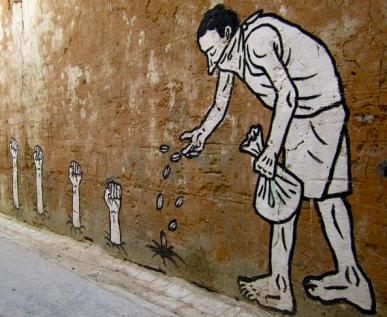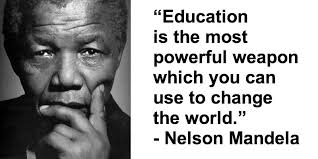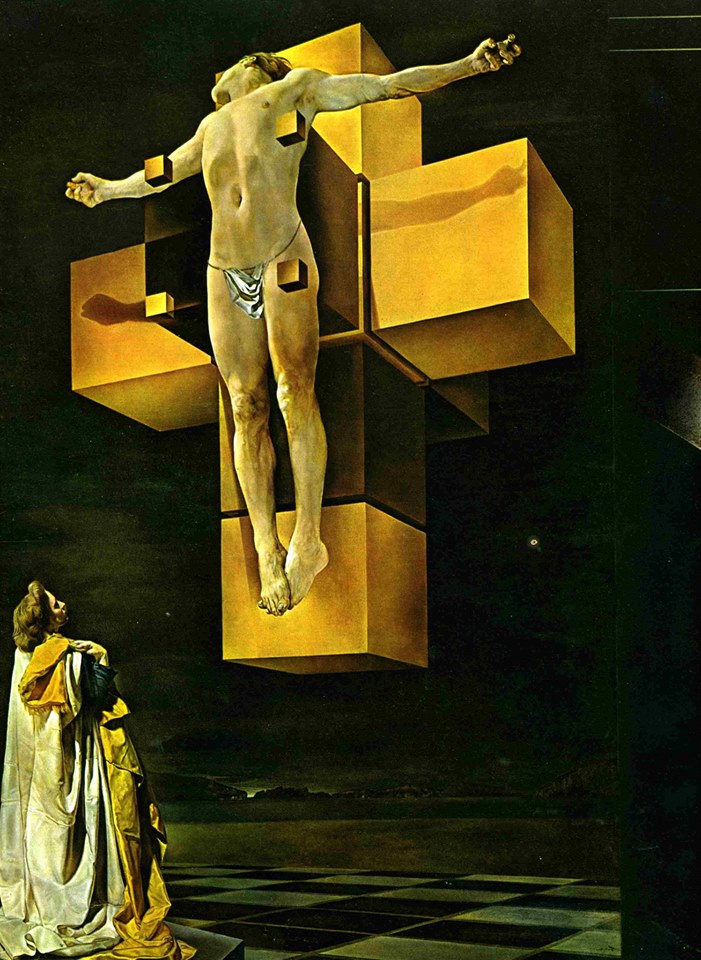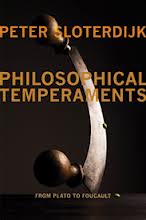GCAS Manifesto
“As President of GCAS, I want to recall to all our students and faculty that what is important is to keep in mind the very essence of our school: not to accumulate some knowledge for finding a place in the world as it is, even if to know the world is useful and to find a place a necessity. But to learn what is a true thinking for changing the world under the principles of equality and priority of the common good against the present dictatorship of private property and individual satisfaction.” –Alain Badiou
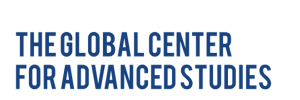
Powerful economic forces are dramatically reshaping all aspects of our world into an authoritarian corporate outlook that directly undermines democratic organization and governance, of the people, by the people, for the people. Nowhere is this more visible than in the education sector.
Higher education has entered a crisis period on a global scale just when all models of economic growth and indicators of social wellbeing identify it as crucial for the future of humanity.
The first component in the crisis is skyrocketing costs. In the United States alone the cost of so-called “posted tuition” – the sticker price for an average four-year college stint – for in-state students at public colleges and universities alone rose 258% from 1991 to 2013, according to figures supplied by the US Department of Education. The cost of living during the same period increased 52%.
The United States is not alone. Although ever fewer countries still maintain some form of free education, the overall trend from South to North America, from Australia to Japan, and from Europe to South-East Asia and Africa is rapidly moving to privatizing education.
The second factor, then, is the inability of students to pay for their education in both the short and long terms. The amount of student loan debt in the States, for example is currently $1.2 trillion, which has risen a massive 300 percent in only the last eight years. This trend is rapidly spreading throughout the world from Canada, to the UK and elsewhere.
The actual and possible means by which massive debt is and will be used against individuals (as well as the collective indebted community) is likely to be ominous and can further undermine the rise of democratic movements and organization.
The third tendency is the radical shift in studies away from the humanities in favor of business friendly subjects. Humanity studies are under attack on a global scale for fear of their empowering dynamic.
The fourth tendency is the proletarianization of the teaching staff. Adjunct faculty are underpaid and live in deprivation, while administrative costs are skyrocketing. GCAS believes that teaching staff are the heart of the educational process and has a collaborative process built on the idea of education as a commons.
In short, Higher education has become a global industry dominated by cronyism as well a self-protective regulatory coziness between government bureaucrats, accreditation bodies, and corporate benefactors that prop up, rather than call to account, the dysfunctional system as a whole. It is time we organized to change this on a global level.
To break this toxic corporate siege on education we recommend a two-fold “inside/outside” strategy. Inside, students must revolt against the way their universities are being turned into businesses. Outside, we must organize sustainable public alternatives to education. Both sides of the strategy must work together, as one without the other will fail owing to the global, transnational reach of the corporatizing, neoliberal onslaught. GCAS is one way to organize the “outside” tactic, while supporting the “inside” wing of the overall strategy.
It is through the strategy of aggregating leading intellectuals, workers and activists from around the globe, fostering new lines of communication and a new sense of community among them, and making those intellectual resources readily available outside of fixed institutional constraints that the Global Center for Advanced Studies (GCAS) intends both to push for changes in the system while quickening the free, planetary flow of ideas and talents.
Significantly enhancing the flow of intellectual endowments and exchanges should create downward cost pressures on education, since redundancy of function, reduplication of overhead and non-academic amenities, and runaway administrative outlays for no other reason than to maintain institutional market share are some of the overriding reasons for cost inflation among colleges and universities.
The five principles of transformation in education to which GCAS is committed, therefore, are as follows:
- Accessibility. GCAS has as a key part of its mission the global democratization of knowledge and education.
GCAS wishes to offer courses for free. However, because we are a non-profit organization, currently neither supported by wealthy benefactors, nor by governmental agencies, we need to cover our licensing costs, faculty compensation, website, and e-school development and maintenance. As these costs are addressed so too tuition will correspondingly be reduced until reaching a sustainability point after which courses will be free of charge. We are also working towards accreditation so extra funds will go into covering these costs.
For example, we are applying for grants to minimize tuition costs and joining forces with many different universities to offset operating costs. These grants must be derived for like-minded institutions and individuals whose desire supports the overall mission of free global education for all. Through recruiting personnel the faculty can also help organize high quality seminars and programs at their location, thus grounding our strategy in both the local and global fronts.
In the meanwhile GCAS is offering free courses to incarcerated people, refugees, women in developing countries and people from war zones. That means that the minimal tuition paid by students also contribute to covering expenses for those who cannot.
- Partnership. GCAS is committed to an inter-operational model of higher education that allows students to receive the highest quality education from many of the world’s most respected intellectuals and leading activists.
GCAS is seeking to collaborate with Universities around the world in order to offer for-credit seminars and course in such disciplines as critical theory, political economy, psychoanalysis, religion, philosophy, global studies and similar subjects.
- Collaboration. GCAS is committed to the global collaboration of students and faculty from around the world.
GCAS seminars are intended to be sites where faculty and students from around the world can meet and share their research during intensive (1-6 week) seminars. The seminar format is intended to produce a more concentrated burst of intellectual collaboration with an aim towards local change.
- Social Justice. GCAS is committed to social and environmental justice.
GCAS explicitly invites its faculty to speak on and organize around issues of contemporary political importance. It hopes to provide a space and resources to aid students and faculty in their collective pursuit of social and environmental justice. In other words, it hopes to put its theories into action and not to restrict the political expression of its faculty.
- A Commons Organization. GCAS is committed to an organization of the Commons.
We believe that the faculty and students should control and operate the means of producing and maintaining our school, GCAS. The guiding principles of organizing include: equality, shared student/faculty governance, sustainable, debt-free non-profit economic model, and academic freedom.
We hope to countermand and disrupt the global commodification of the higher learning in recent years. We hope to counter the increasingly popular view that education ought merely to involve equipping students with “marketable” skills for the sole purpose of becoming part of a global capitalist economy. After all, in a global capitalism in crisis there is little space for technical jobs, so getting in debt for “managerial” education doesn’t make much sense in the first place. Education should be seen as a means for emancipation and a common good that contributes for the good of society, not an individualized commodity connected to debt.
The crisis of higher education will not go away, nor will it vanish with any one innovative solution, no matter how unique or transgressive. Yet we know that we faculty, who increasingly are becoming indentured to a system we no longer recognize as either financially sustainable or “humanizing” in the broadest sense of the term, let alone as a benefit to the students we find ourselves teaching, have to mobilize.
We mobilize not for our own self-preservation, but for the preservation of the very promise of education in a world whose future depends upon it. The democratization of education as a public good is our goal.
To that end we commit ourselves to the struggle we found together as GCAS.
